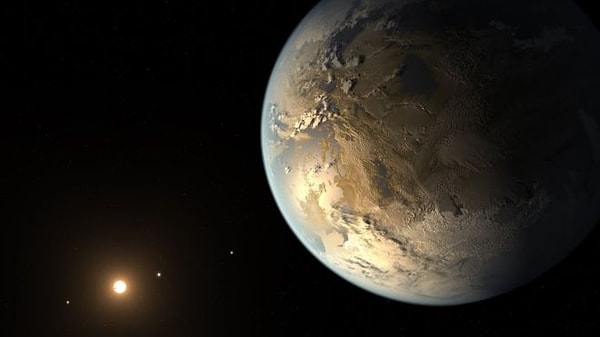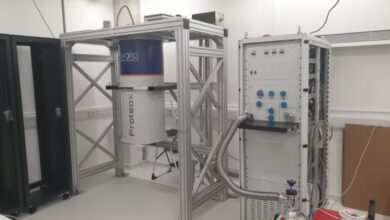Mysterious “Super World” Emerges in the Depths of Space

Astronomers are buzzing with excitement over the discovery of a mysterious “super world” in the depths of space, a term that refers to a class of exoplanets known as super-Earths. These intriguing worlds are larger than Earth but smaller than gas giants like Neptune and Jupiter, and they are believed to possess unique characteristics that could challenge our understanding of planetary formation and habitability.
Key Highlights of the Discovery:
Diverse Environments: The newly identified super-Earths exhibit a variety of environments. Some are thought to have two suns, creating a unique day-night cycle, while others may be lava planets with extreme volcanic activity. There are even worlds that exist in eternal darkness, raising questions about their potential for supporting life.
Habitable Zones: One of the most exciting aspects of these discoveries is that some super-Earths are located within the habitable zone of their parent stars. This zone is the region where conditions might be just right for liquid water to exist, a crucial ingredient for life as we know it.
Potential for Life: The search for life beyond our solar system has intensified with the discovery of these super-Earths. Scientists are particularly interested in understanding whether these planets could harbor conditions suitable for life, given their diverse atmospheres and geological features.
Recent Findings: A recent report highlighted a super-Earth that might have a roughly Earth-sized companion, further fueling speculation about the potential for complex ecosystems. This discovery aligns with previous findings that suggest super-Earths are common throughout the galaxy.
Future Research: As technology advances, astronomers are eager to conduct more detailed studies of these super worlds. Upcoming missions and telescopes are expected to provide deeper insights into their atmospheres, compositions, and potential habitability.
This remarkable revelation not only enhances our understanding of planetary systems beyond our own but also ignites the imagination about the possibilities of life in the universe. As researchers continue to explore these mysterious worlds, the quest to uncover the secrets of the cosmos remains an exciting frontier in space exploration.




